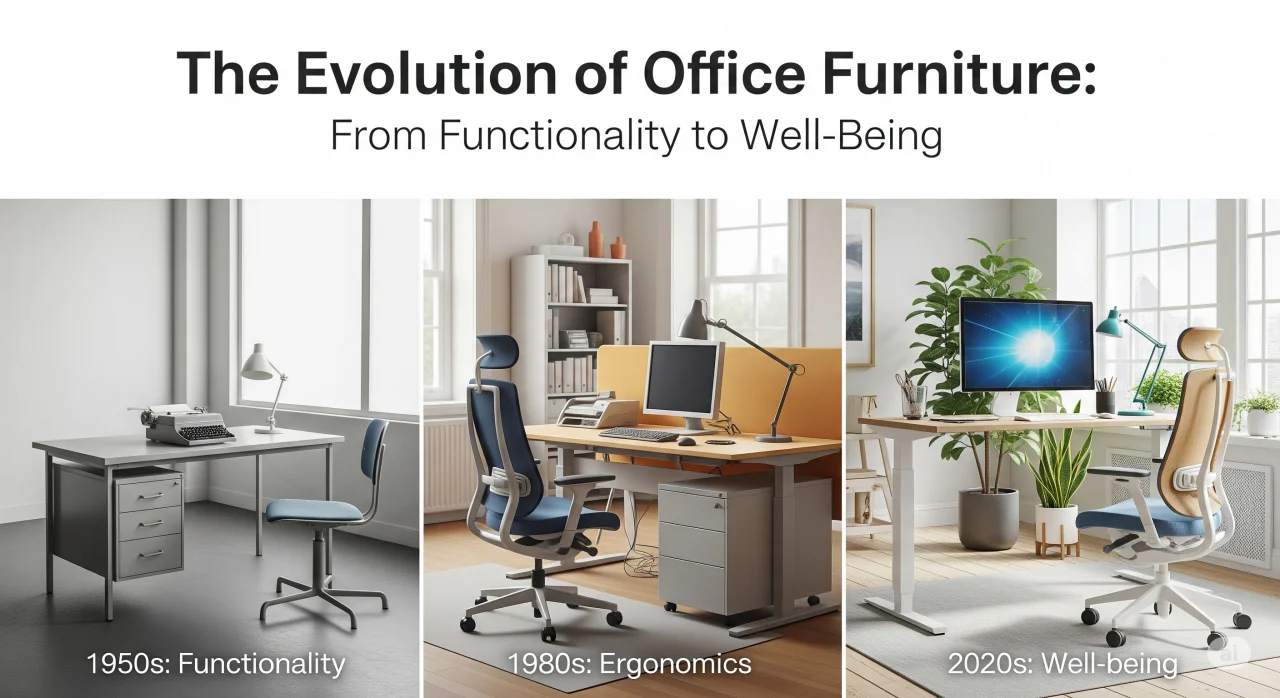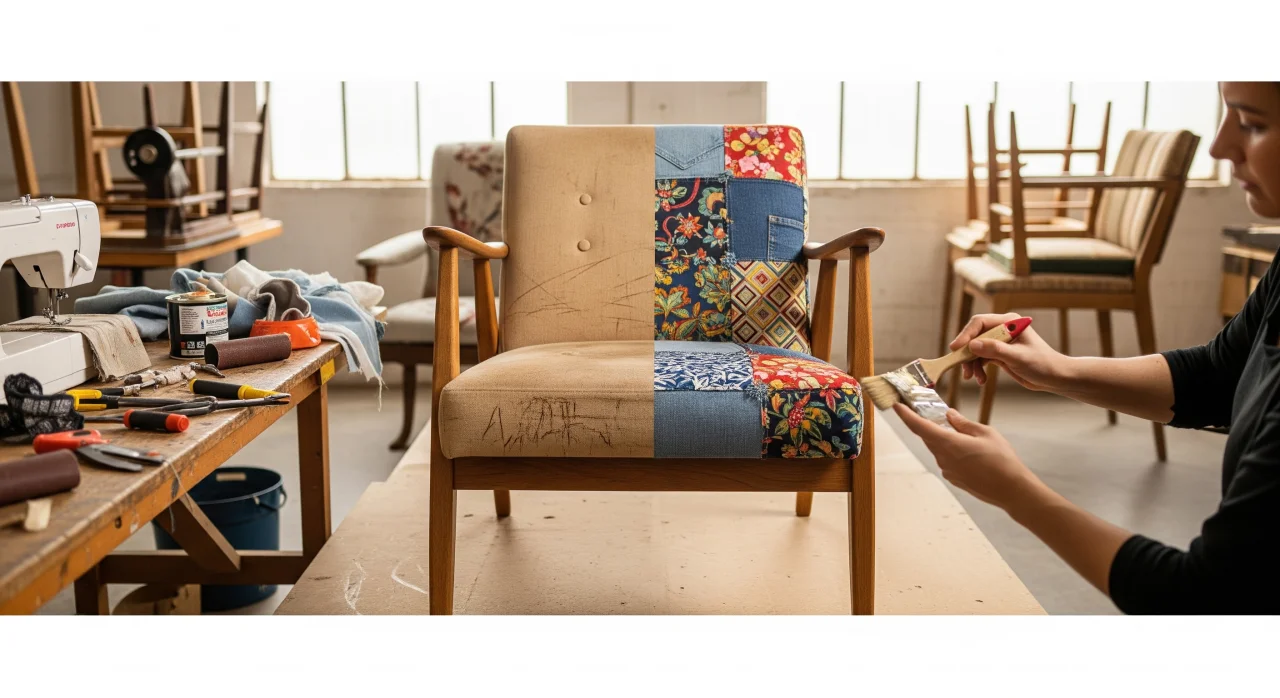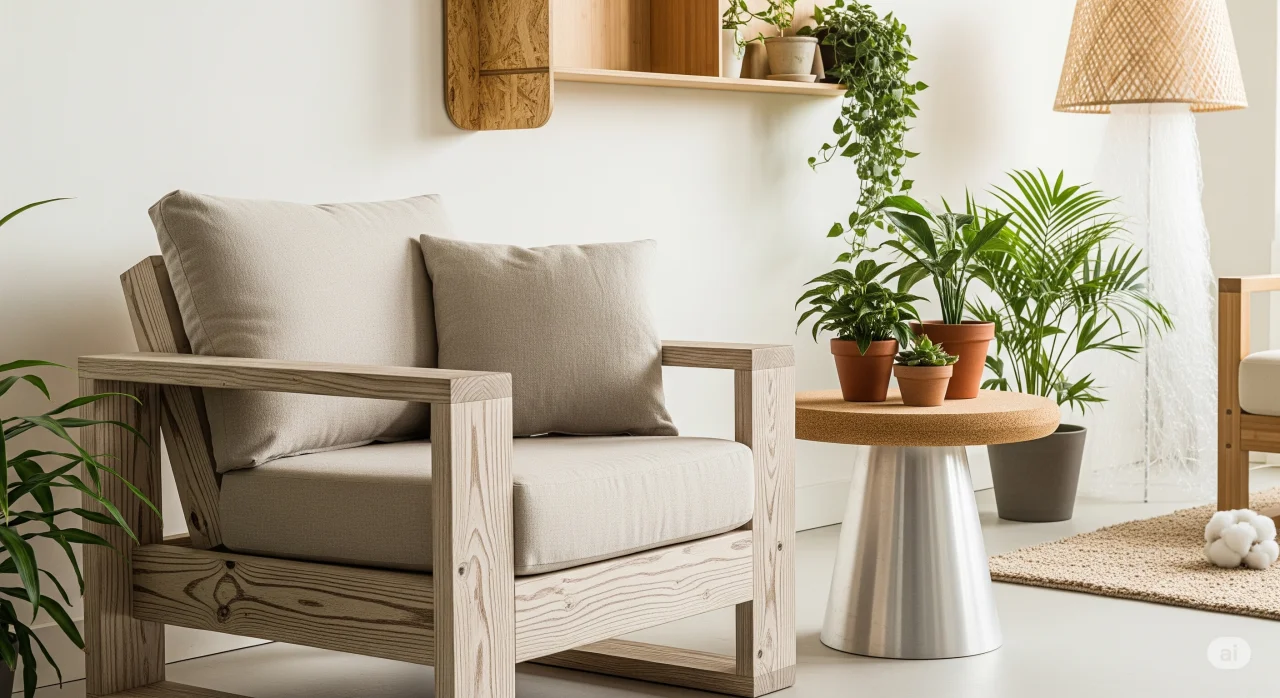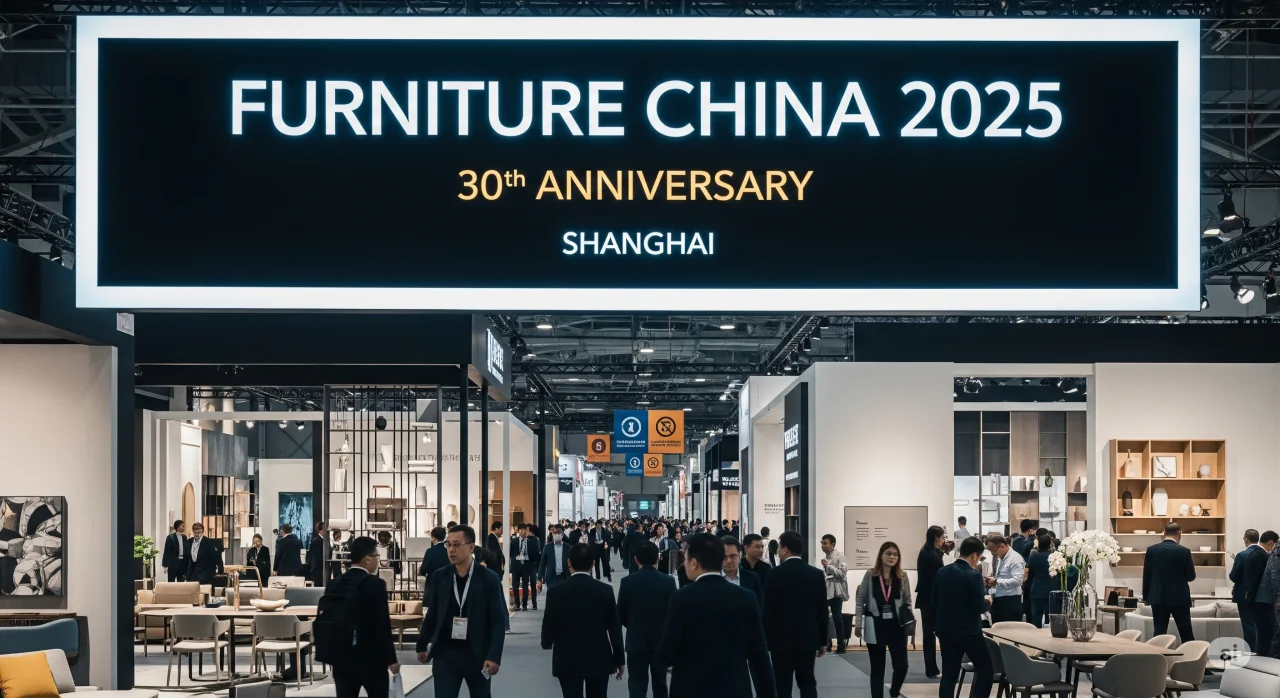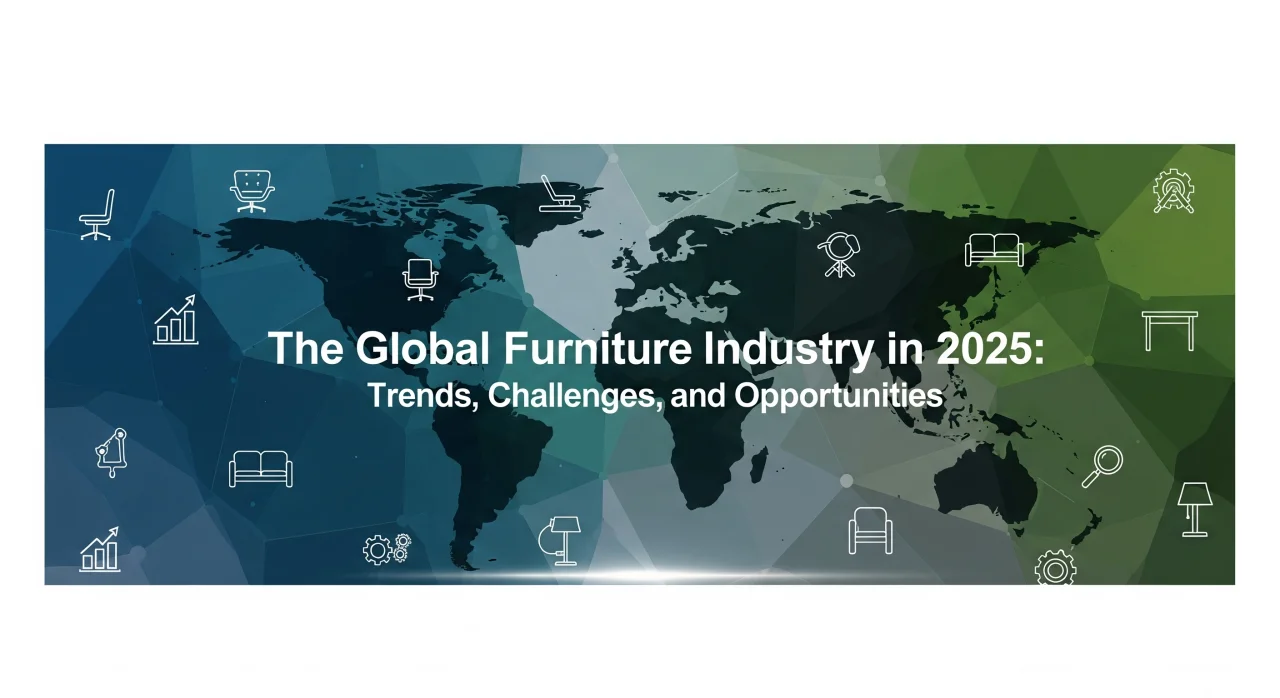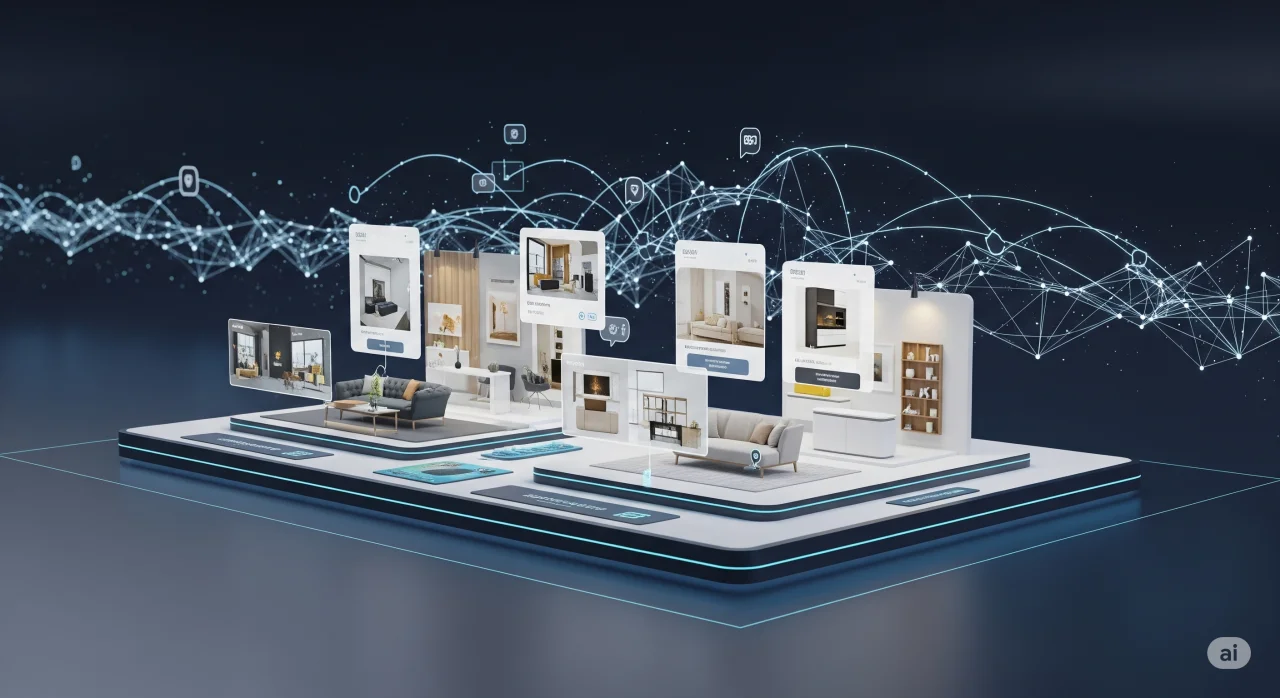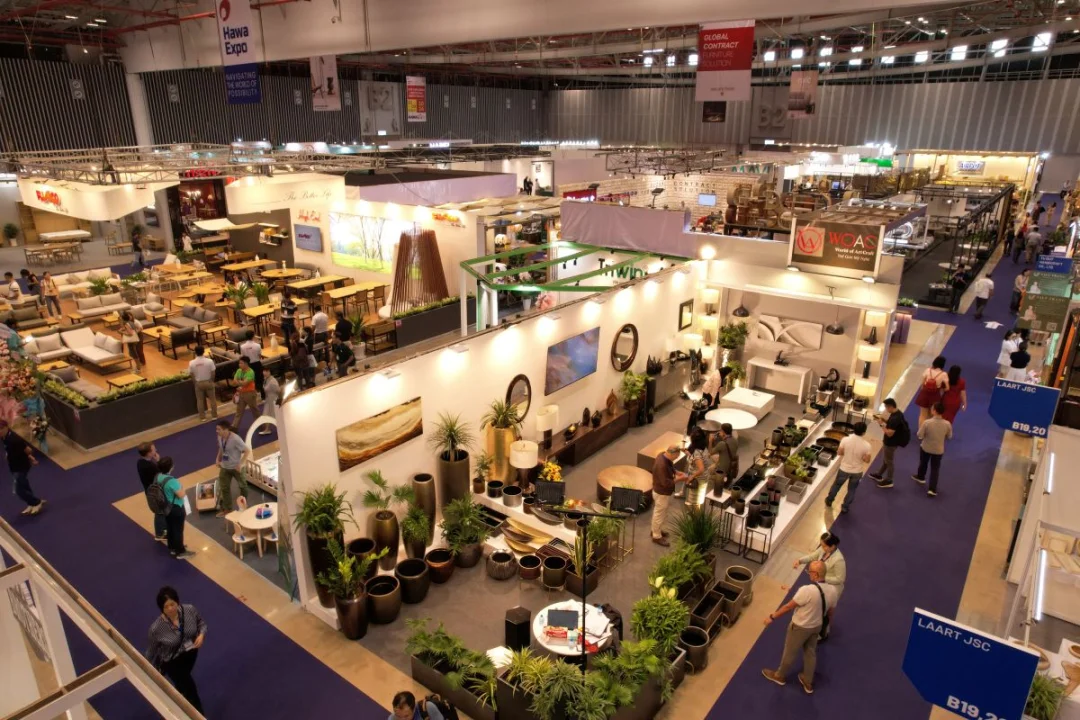The world of office furniture has undergone a remarkable transformation over the past decades. Once designed purely for practicality, today’s office environments demand furniture that enhances productivity, encourages collaboration, and supports employee well-being. As businesses adapt to hybrid and flexible working models, the future of office furniture is being redefined.
From Traditional Desks to Modern Workstations
The traditional office setup—rows of identical desks and rigid chairs—has given way to flexible, ergonomic, and tech-integrated solutions. Modern workstations focus on:
Ergonomic comfort: Adjustable chairs and sit-stand desks reduce fatigue and improve posture.
Modular flexibility: Desks and partitions can be rearranged to suit different tasks, encouraging dynamic team collaboration.
Technology integration: Cable management systems, wireless charging, and built-in connectivity are now standard in high-performance office furniture.
The Rise of Well-Being-Oriented Design
Today’s employees value workplaces that prioritize mental and physical health. This shift has introduced:
Biophilic design: Incorporating natural materials, greenery, and light to create calming environments.
Acoustic solutions: Furniture with sound-absorbing panels for quieter, more focused workspaces.
Rest and recharge zones: Sofas, pods, and lounge furniture that allow workers to relax and reset during the day.
Hybrid Work and Its Impact
As hybrid and remote work models dominate, office furniture must adapt to smaller yet smarter spaces. Companies are investing in multi-functional furniture that can be used both at home and in shared offices. Compact desks, mobile storage units, and lightweight chairs cater to this demand.
Sustainability in Office Design
Sustainability is no longer optional—it’s expected. Brands are using recycled materials, low-emission finishes, and circular production models. Furniture fairs worldwide showcase collections that prove eco-consciousness and style can coexist seamlessly.
The future of office furniture will be shaped by adaptability, wellness, and sustainability. Businesses are moving away from standardized furniture toward designs that reflect their values, culture, and commitment to employee well-being.
At Furniture Fair, we highlight these evolving trends, bringing together the latest innovations in office furniture design that will define the workplaces of tomorrow.

